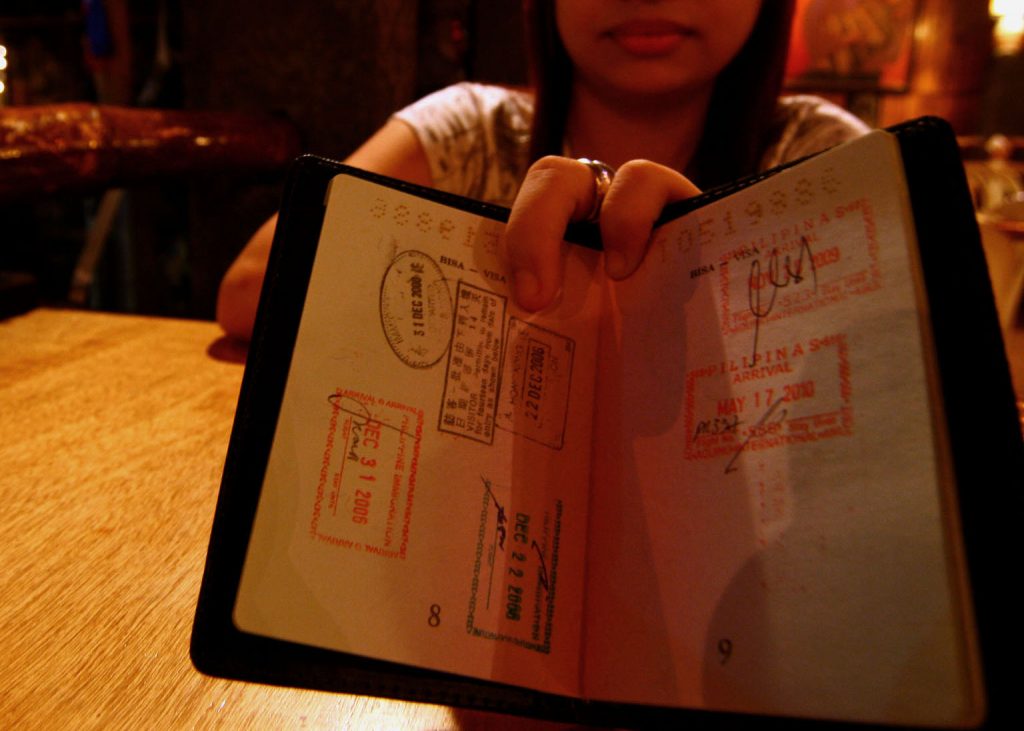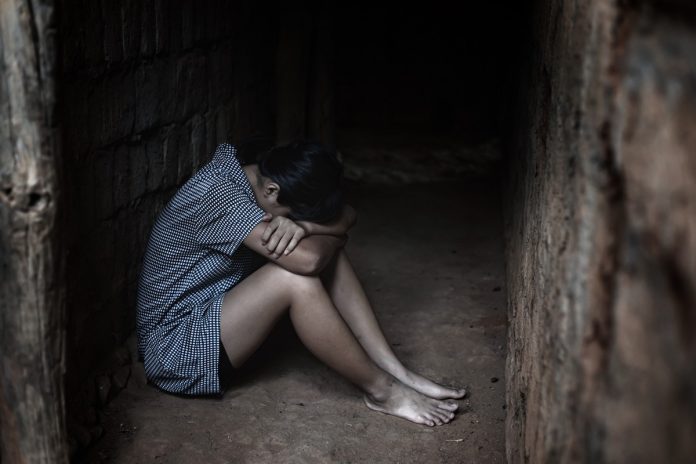Although the Philippines recently got a Tier 1 ranking from the United States’ 2021 Trafficking in Persons Report, human trafficking “still thrives in the crevices of poverty, hunger, and massive joblessness.”
In a statement marking the World Day Against Trafficking on July 30, the Philippine Interfaith Movement Against Human Trafficking said the situation in the country is “aggravated as majority of the population are poor families struggling to survive from the economic backlash of the pandemic.”
The movement, which is led by the Catholic Bishops Conference of the Philippines, the National Council of Churches in the Philippines, and the Philippine Council of Evangelical Churches, said it affirms this year’s theme of the observance: “Victims’ Voices Lead the Way.”
The faith-based group said everyone should uphold “the dignity, desires and dreams of our brothers and sisters who have fallen victim to human trafficking.”
“Truly, they should be included, heard, and involved as we seek to address this social problem,” read the group’s statement released on Friday.
The US Department of State last month assigned the Philippines the highest classification in the efforts to combat human trafficking this year.
In the American agency’s 2021 Trafficking in Persons Report which assesses 188 nations, the Philippines got a Tier 1 ranking, marking Manila’s sixth straight year to receive such a classification.
Countries found to have met minimum standards under Washington’s Trafficking Victims Protection Act of 2000 are placed under the Tier 1 classification.
However, a Tier 1 ranking does not mean a country has human trafficking problem nor it is doing enough to address it, said the US State Department.
“To maintain a Tier 1 ranking, governments need to demonstrate appreciable progress each year in combating trafficking. Tier 1 represents a responsibility rather than a reprieve,” read the report.
The report acknowledged that the Philippines kept “serious and sustained” efforts for the reporting period even with the impact of the COVID-19 health crisis.

The US State Department, however, flagged the shortcomings of Philippine authorities in the fight against human trafficking.
“Although the government meets the minimum standards, it did not convict any officials for complicity in trafficking crimes and did not vigorously investigate labor trafficking crimes that occurred within the Philippines or provide training to labor inspectors on the indicators of trafficking,” read the report.
In its statement, the interfaith group noted that only this year, “we have witnessed the exposition of well-coordinated trafficking of women in Syria … (that) involved officials in the government bureaucracy.”
The group also noted that since the start of the pandemic, thousands of Filipino migrant workers have been repatriated or have returned back to the country, “facing the cyclical problem of unemployment, hunger and poverty, the same reasons why they had to leave our country.”
In a study released by IOM Philippines in May 2021, 83% of those who were able to return home remain unemployed. “These are the Filipinos who became victims of human trafficking,” read the interfaith movement’s statement.
The Philippines has recorded a “significant increase of 264% cases of online sexual exploitation of children,” said the group, quoting data from the Department of Justice.
“This affirmed our concern that when a humanitarian crisis breaks out under extreme conditions of poverty, social problems … thrive,” said the group.
“Government agencies, churches, faith communities and organizations must work hand in hand to support and protect vulnerable groups like children and make communities safer for them especially at this time of pandemic,” it added.
The movement counts among its members the Philippine Children’s Ministries Network, International Justice Mission Philippines, and Talitha Kum Philippines.
“We call on the faith community to keep extending mercy, compassion, and solidarity to the victims of human trafficking. Let us offer our spaces and resources for their needs,” read the group’s statement.
“We call on our government to intensify its campaign against human trafficking,” it said.









